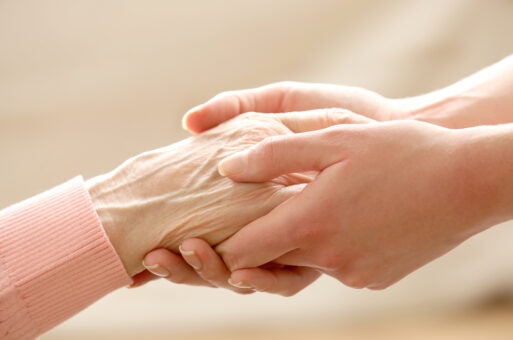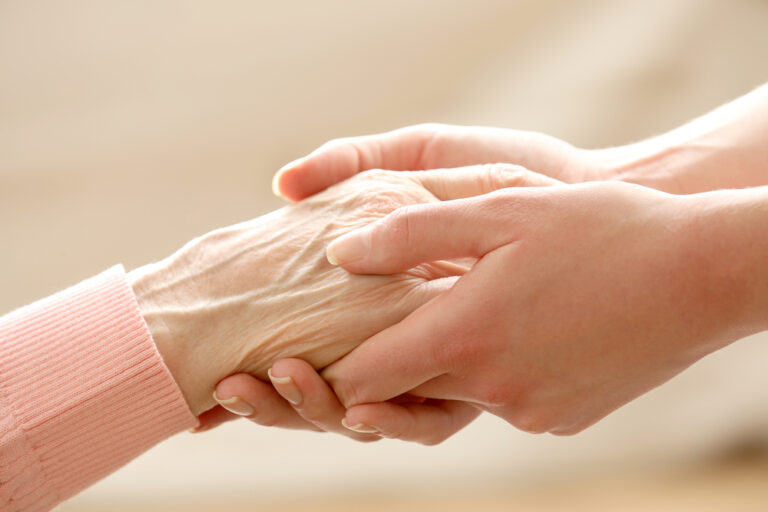
Caregivers of dementia patients are very special people. They know, all too well, how much effort is required to give a sufferer of the ailment the care he/she needs. To be clear, dementia isn’t one disease. The term is actually used to describe a collective of symptoms of cognitive decline. Alzheimer’s disease is a form of dementia. It is most commonly associated with forgetfulness.
For many seniors, forgetting to bathe is the fault of Alzheimer’s disease. So, as a caregiver, it’s vitally important to consider the steps necessary to help a dementia patient to bathe safely.
Give your caregiver the opportunity to be independent.
As a dementia sufferer caregiver, you want to place as much focus on his/her mental well-being as you do his/her physical safety. Part of being safe is assuring your care recipient that he/she is capable of performing certain tasks independently. It’s beneficial to be encouraging. Give as much verbal support as you can before you step in to lend a physical helping hand during the bathing process. Never forget that a person’s privacy will always mean a lot to him/her.
“When bathing a person with dementia, allow the person to do as much as possible,” encourages the Alzheimer’s Association, “Be ready to assist when needed, but try to offer only the level of help necessary. In the earlier stages, the person may only need a reminder to bathe. As the disease progresses, he or she will require more assistance.”
Try to make it a daily routine.
You don’t need to suffer from dementia in order to be forgetful. Many of us have important things slip our minds all the time, right? This happens regularly to the best of us. When you do something on a daily basis, however, it becomes second nature. Apply this concept to your elderly loved one’s bathing routines. Taking a bath at the same time each day will help him/her to remember to do so.
“Even if older adults don’t need to bathe every day, it’s usually easier to establish a regular daily routine that includes bathing at the same time every day,” says DailyCaring.com, “That way there’s no question about when or why it’s happening – it’s just part of the normal flow of their day, like eating or sleeping.”
Make use of some home bathroom modifications.
“The spray of a shower can be terrifying to a person with Alzheimer’s,” reports DailyCaring.com, “Some speculate this happens because they can’t see the water that’s hitting them and it feels like something invisible is attacking their head. To solve this problem, install a hand-held shower head instead of a regular one so you can control when and where the water touches them.”
There are, of course, a number of other home bathroom modifications that can help you with your basic daily activities. At LifeCare Mobility Solutions, we’re very proud to say that we carry a wide variety of them! They include transfer benches, grab bars, walk-in tubs, roll-in showers and bath lift chairs just to name a few.
For more information, please don’t hesitate to call us at 416-267-9800 or email us at info@lifecaremobility.ca. You may also contact us by filling out the form on our Contact page.










